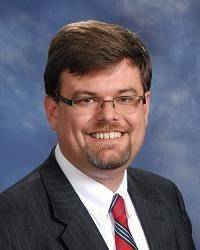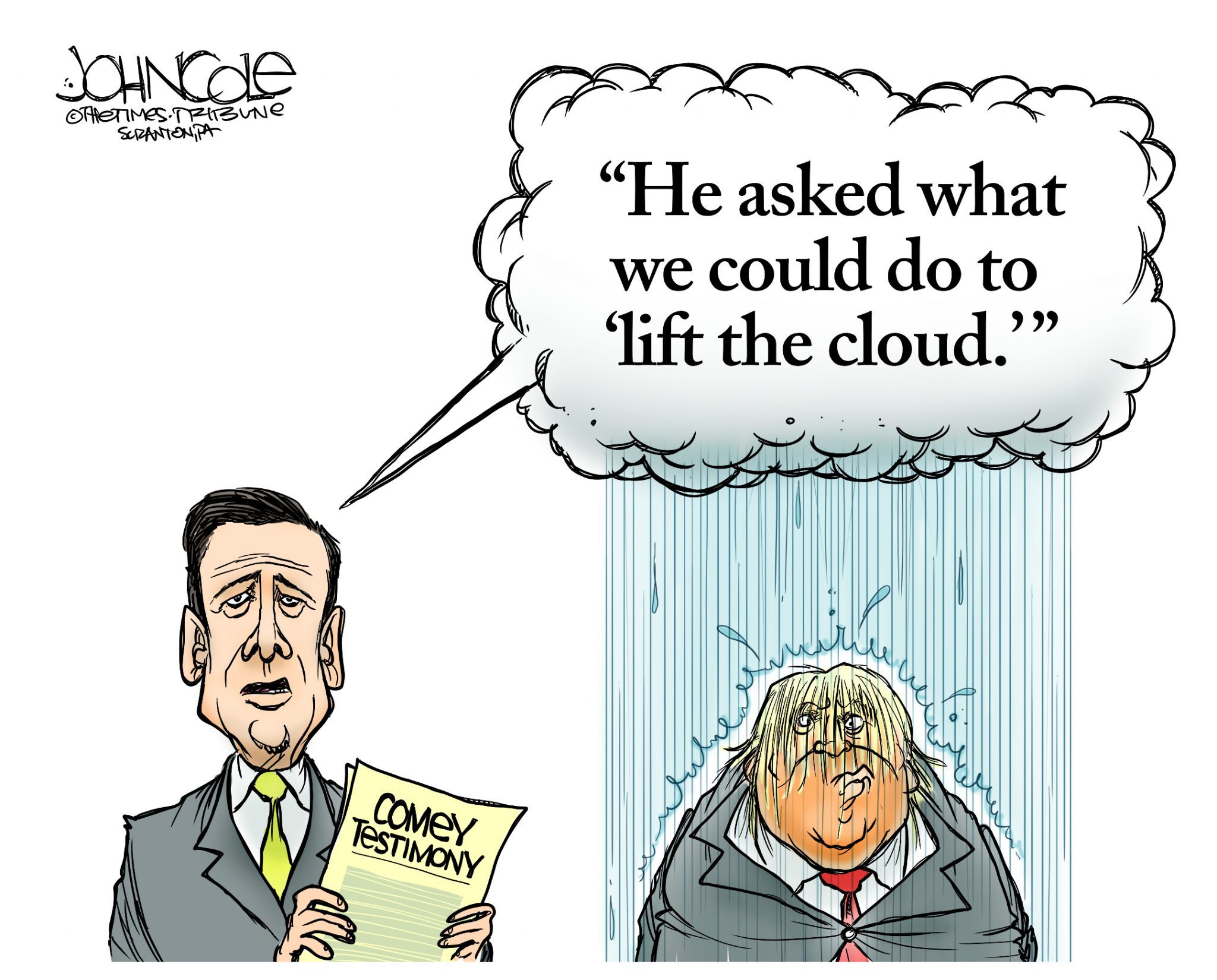BY MARK Y.A. DAVIES
 “Hope” is not the first word that comes to mind when I think of the Trump presidency, but the word came up in James Comey’s testimony about his private interactions with the president. This may mark the only time when any substantive discussion about the word hope will occur during this presidency, so I won’t let the opportunity pass to join the discussion.
“Hope” is not the first word that comes to mind when I think of the Trump presidency, but the word came up in James Comey’s testimony about his private interactions with the president. This may mark the only time when any substantive discussion about the word hope will occur during this presidency, so I won’t let the opportunity pass to join the discussion.
Comey testified that Trump cleared the room of all people other than the two of them and proceeded to tell Comey, “I hope you can see your way clear to letting this go, to letting Flynn go … He is a good guy. I hope you can let this go.”
Comey says he understood this to be a directive in that the president was communicating something that he wanted to have done. Comey was justifiably concerned by this expressed “hope,” and he decided to make a record of the conversation in a memo. This conversation, combined with Trump’s public comments about Comey’s firing, led Comey to believe that he lost his job as FBI director for not fulfilling Trump’s hope of “letting this go.”
The White House and the president’s defenders have hence embarked on a tortured analysis of what the definition of “hope” is. Perhaps given the fact they have so little experience with the concept of hope, one should not be surprised with their difficulties in understanding its meaning in the context in which Trump used it with Comey.
If we are to believe the Republican analysis, when Trump used the word hope, he meant something like this: “I hope you will do this, but please don’t take that as expression of my desire for you actually to do it, and if you do take it as expression of my desire for you to actually do it, I hope you will understand that I will deny that it was an expression of such desire. I hope you understand. Also, if you do not do what I hope for and what is not an actual expression of my desire for you to do, I will fire you for not doing it, but yes, I was only hoping.”
I guess it all depends on what the definition of “hope” is as opposed to what the definition of “is” is, except in this case we are talking about an investigation of Russian interference in our elections as opposed to an affair with an intern.
I hope that what will not get lost in all of this is that we have an urgent investigation occurring about Russian interference in our election processes. I hope that Republicans and Democrats in both the Senate and the House of Representatives will take this investigation seriously and follow the evidence wherever it may lead. I hope that Special Counsel Mueller will be given every tool and resource needed to get to the truth of what has occurred and is occurring.
And when I say hope, I mean that I actually want these things to happen.
– Mark Y.A. Davies is the Wimberly Professor of Social and Ecological Ethics and director of the World House Institute for Social and Ecological Responsibility at Oklahoma City University. Click here for more of his essays.








